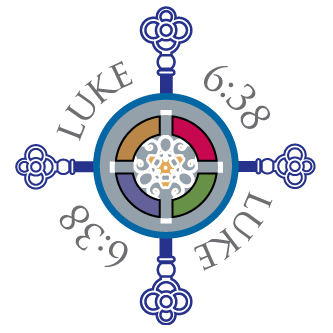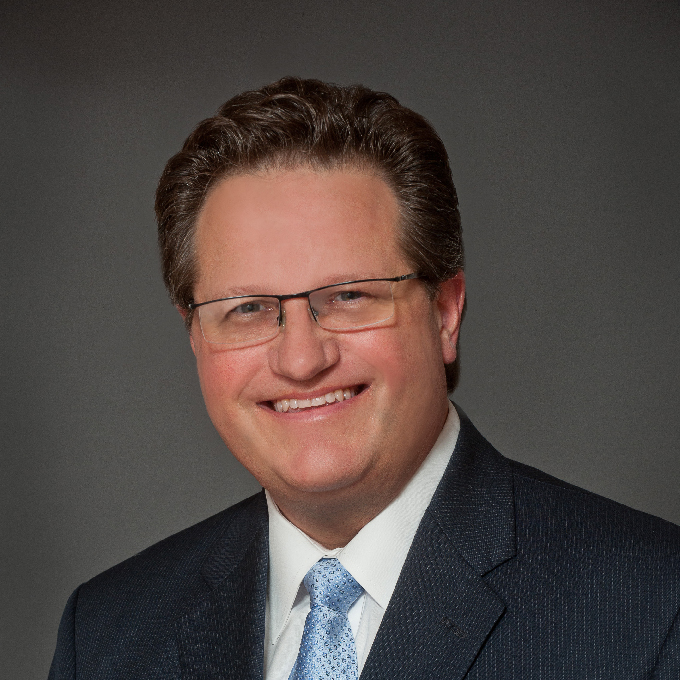Seven Questions to ask When Choosing a Fundraising Consultant
Need direction on how to choose a fundraising consultant? These seven questions are a great place to start.
1. How many face-to-face major gift solicitations has the consultant completed in their career?
The size of the firm is irrelevant to your success. What matters is the individual fundraising consultant the firm sends you. It must be someone with experience soliciting major gifts.
Here’s why: In a multimillion dollar capital campaign, as much as 90% of the money will come from the top 10 – 40 individuals. So the consultant must have actual experience in face-to-face solicitation. If they have done at least 500 to 1,000 major gift solicitations, they probably have the experience necessary to advise you.
Surprisingly, few meet this qualification. This is one of the ‘little secrets’ of the fundraising consulting industry: many of the larger firms hire people with minimal or no solicitation experience.
If you are impressed with a firm’s sales team, ask “Who would you send me?”
Bottom Line: The size of the firm and their collective success is irrelevant. What matters is the experience of the individual they send you. Ask “How many face-to-face major gift solicitations has this person completed in their career?” This, above all else, will ensure that the person has the nuanced experience to advise you on day-to-day tactical decisions.
2. Prior to conducting a Fundraising Feasibility Study, will your Fundraising Consultant help identify the most promising major gift prospects? If so, how?
A fundraising feasibility study is used to help set the financial goal for a capital campaign.
Be aware that many fundraising feasibility studies are destined to be invalid. Why? Lack of proper preparation. As much as 90% of total dollars raised in a capital campaign will come from the top 40 individuals. Therefore, you must first create a major gift prospect list, so that you can include the top would-be donors in the study. Only then will you have a valid fundraising feasibility study.
Unfortunately, in an effort to minimize their investment of time — and improve their profitability — most fundraising consulting firms sidestep this critical first step.
Bottom Line: If the firm’s proposal for a Fundraising Feasibility Study does not include provision to first identify your wealthiest prospects, you may be headed for an invalid study.
3. After the Fundraising Feasibility Study is completed, will the fundraising consultant share name-level data with the organization?
Most fundraising consulting firms insist they must be the ones to confidentially interview your top prospects as part of the feasibility study, “to ensure objectivity.” Further, you will be told that in order to protect the confidentiality of the respondents, the firm will only report consolidated data to the client. They will not share “who said what.”
Let’s see how that plays out. Suppose you want to launch a $5M capital campaign for a new building. You hire a fundraising consultant who says the first step is a Fundraising Feasibility Study.
As part of the study, they meet with 40 of your most loyal supporters. Thirty-six respondents (90%) are thrilled with the project, and indicate they would be willing to support it should you move forward with a campaign. Only four (10%) have deep reservations. Sounds like a green light, right? Not necessarily.
What if those thirty-six are individuals who, at best, are capable of a $10,000 gift? If everyone in this group made their ‘best’ gift, you would have $360,000. That’s a far cry from the $5M needed.
Meanwhile, the four multi-million dollar prospects were skeptical. They told the consultant there were issues that needed to be addressed before they would support a campaign. Wouldn’t you want to know that? Wouldn’t you need to know, on a name-by-name basis, whether those individuals with the capacity to make-or-break the campaign were among the supporters or naysayers? And before meeting with them to ask their support, wouldn’t you want to know on a name-by-name basis any reservations they might have?
Of course you would.
But under the guise of ‘respecting confidentiality,’ many development consulting firms withhold this information. In reality, they are reserving leverage, indicating with a wink that if you extend the contract — if they are the fundraising firm chosen to manage the subsequent capital campaign — this information will be quietly shared with the client.
Bottom Line: This method, used by most firms, leaves them with critical information – and leverage. There’s a better way to conduct a Feasibility Study. Read on…
4. Does the fundraising consulting firm insist they must be the ones to conduct the Feasibility Study interviews?
Again, under the guise of ensuring objectivity, most consulting firms will tell you they must be the ones to confidentially interview your top prospects as part of the fundraising feasibility study.
It’s OK to question that logic.
Asking for a major campaign gift is like asking for your beloved’s hand in marriage. You’ve dated for a while and now it’s time to pop the big question. In this situation, would you hire somebody to ask on your behalf?
Of course not.
The analogy holds for capital campaigns and major gift fundraising. The Feasibility Study interview should be a personal heart-to-heart conversation between the organization’s administrators and donors who care deeply about your ministry. These are the supporters who have been with you for many years. They have recognized the difficult work you do and helped you grow. Having nurtured the relationship, trust that they will be honest with you.
Bottom Line: Ask the fundraising consultant whether he or she will allow administrators to accompany them on the feasibility study visits. If the answer is “no,” it’s OK to question their rationale.
5. Will the firm help you address issues impacting major gifts?
Major gift donors are savvy. They want to invest where their dollars will do the most good. If your Catholic school or parish has issues of concern to donors, you need to begin to address them prior to launching a campaign. This might include five-year financial plans, marketing, enrollment, tuition, even staffing of the development office or database management.
Bottom Line: Ask the firm if they will help you address larger organizational issues that impact fundraising.
6. Once the campaign is underway, will the fundraising consultant accompany you on solicitation calls?
Presumably, organizations hire fundraising consultants because they need help with major gift solicitation. The only way to learn the art is by accompanying someone who does it well.
Bottom Line: Granted, you may not want the consultant to accompany you on every visit, but if a firm refuses to accompany you on at least 20 – 40 visits, chances are they either lack this expertise, or have a process that sidesteps hands-on involvement in order to minimize their time investment.
7. Will the firm agree to use the organization’s existing development database to identify major gift prospects and track solicitations?
Nearly all charitable organizations now use professional development software for donor relations and gifts, software such as Raiser’s Edge, DonorPerfect, eTapestry, DonorSnap, etc. To execute an efficient campaign, it is always best to use the non-profit’s existing system. Most systems allow you to add the needed fields and codes to identify major gift prospects, pair solicitors and prospects, and track solicitations.
Because this requires extra time and expertise on the part of the firm, most sidestep this critical part of campaign preparation and execution. In its place, they rely on multiple spreadsheets and Word documents to run the campaign.
This is grossly inefficient. More critically, when the campaign is finished, the non-profit’s main database will be devoid of any solicitation notes beneficial for ongoing cultivation and the next capital campaign. For example, wouldn’t you want to see in a donor’s permanent record who solicited them and what they said? What excited them about the project? Did they mention plans for their estate?
Unfortunately, many fundraising consultants do not concern themselves with helping the organization develop a long-term ‘knowledgebase’ of their constituents. Instead, the only data that makes its way into the permanent database is the amount of the pledge and subsequent payments. Any ‘soft data’ that tells you what motivated the gift, who solicited it, etc. is lost to history.
Bottom Line: Your development database is more than a record of gifts. Think of it as the institutional diary, documenting the relationships between your representatives and the people who support you. Ask if the firm has experience with your software and is willing to use it to execute the campaign. If not, chances are good they are a ‘get in, and get out’ firm more concerned about their profitability than your long term success.

